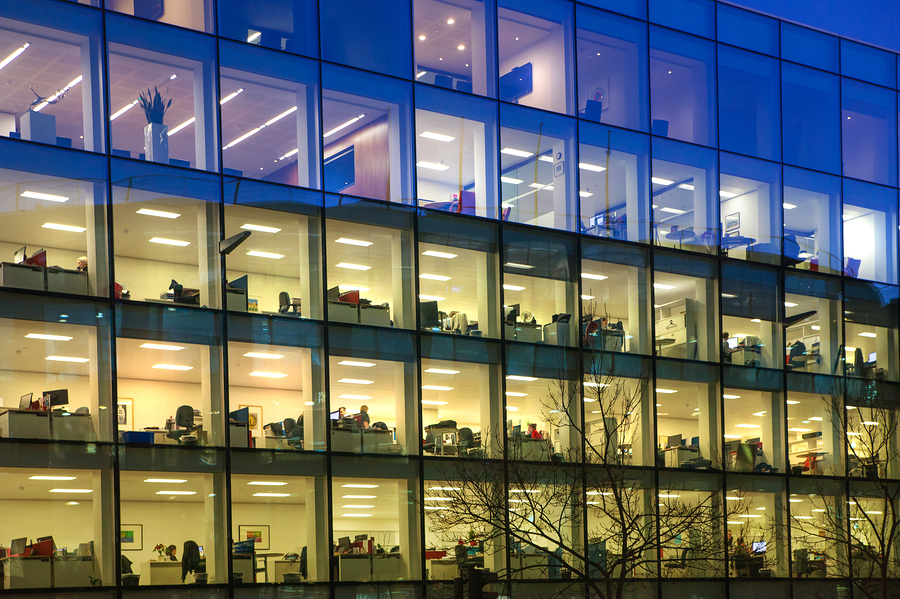What is the value of open workspaces in London? To the people using them and those running them, the value of open workspaces – that is, incubators, coworking, artist and makerspaces – is clear.
But with the cost of commercial space spiralling, and against a backdrop of tight availability and new redevelopment opportunities, is it enough? Or will the open workspaces soon be squeezed out in favour of alternative projects deemed more valuable to the economy?
That’s what the Open Workspace Providers Group is seeking to find out. The Group has commissioned thinktank IPPR (Institute for Public Policy Research) to investigate London’s open workspaces and lay bare the support they contribute to local businesses and communities. With heavyweight support from the likes of Workspace Group Plc, Central Working and Makerversity, the Group is certainly well-advised and well-equipped to address the challenges ahead.
Fighting against a “dormitory city”
During a talk on Friday 11th March hosted by New London Architecture, a number of concerns were put forward by the Open Workspace Providers Group.
Among the concerns addressed, permitted development rights (PDR) is continuing to plague the workspace community. This is a form of planning permission which allows conversions to be carried out without the need for planning application, including change of use from office to residential. There is also a proliferation of chain shops, cafes and restaurants taking up what would otherwise provide suitable open workspaces.
“We don’t want another Paris,” stated Sue Terpilowski, Chairman of London Policy Unit. She explained that such “dormitory cities” have a large amount of people living in the centre who commute to the city fringes for work, leading to a lack of central innovation and diluted business communities.
As stated by Clare McNeil, Associate Director of IPPR, this is already taking effect in London as a by-product of permitted development rights. “Permission for the conversion of 1.3million square metres of London office space, the equivalent of 182 football pitches, has already been granted,” she said, drawing on IPPR’s initial findings.
This, the panel argues, is driving out innovation in the city centre by restricting the amount of small businesses that benefit from affordable access in the capital. Open, flexible workspaces should be protected as they can absorb some of the risk of starting a business, which is otherwise preventing would-be entrepreneurs from bringing their ideas into fruition.
Is “laptop land” a threat to makerspaces?
However, this is not just about coworking. Indeed, during the panel discussion, the suggestion was raised: Is “laptop land” coworking taking up too much space in London?
Not every startup needs a desk – at least, not in the early years. In search of balance, the Group aims to raise awareness of makerspaces – which provides physical industrial-style workspace along with equipment and tools for prototyping and manufacturing, such as laser cutters and 3D printers.
These makerspaces are imperative for startups as the cost of the tools – let alone the space in which to create them – are otherwise too expensive for small businesses.
The end goal is to raise awareness of the need for open workspaces not just for the benefit of the business community, but also to push it right under the nose of the government. 2016 sees the election of the new Mayor of London and the Open Workspace Providers Group, together with many other influential groups in London, are using this as an opportunity to raise awareness of the economic benefits of open workspaces and put forward proposals that, they hope, will swing the balance in their favour.



 Dr. Gleb Tsipursky – The Office Whisperer
Dr. Gleb Tsipursky – The Office Whisperer Nirit Cohen – WorkFutures
Nirit Cohen – WorkFutures Angela Howard – Culture Expert
Angela Howard – Culture Expert Drew Jones – Design & Innovation
Drew Jones – Design & Innovation Jonathan Price – CRE & Flex Expert
Jonathan Price – CRE & Flex Expert












